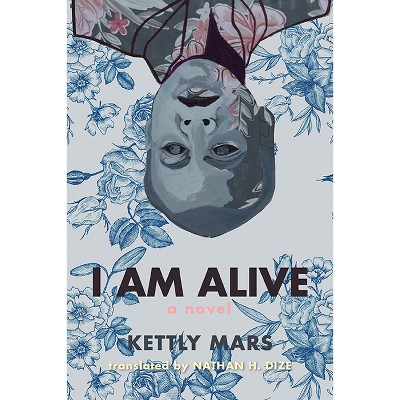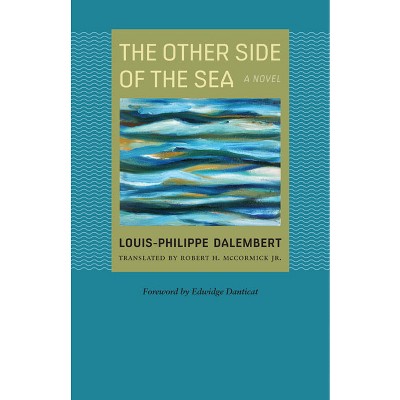Sponsored

The Belle Créole - (Caraf Books) by Maryse Condé (Paperback)
In Stock
Sponsored
About this item
Highlights
- Possessing one of the most vital voices in international letters, Maryse Condé added to an already acclaimed career the New Academy Prize in Literature in 2018.
- About the Author: Maryse Condé was Professor Emerita of French at Columbia University and author of the internationally celebrated novels Segu and I, Tituba: Black Witch of Salem (Virginia).
- 212 Pages
- Fiction + Literature Genres, Literary
- Series Name: Caraf Books
Description
About the Book
Through her vividly and intimately drawn characters, Condé paints a rich portrait of a contemporary society grappling with the heritage of slavery, racism, and colonization.Book Synopsis
Possessing one of the most vital voices in international letters, Maryse Condé added to an already acclaimed career the New Academy Prize in Literature in 2018. The twelfth novel by this celebrated author revolves around an enigmatic crime and the young man at its center. Dieudonné Sabrina, a gardener, aged twenty-two and black, is accused of murdering his employer--and lover--Loraine, a wealthy white woman descended from plantation owners. His only refuge is a sailboat, La Belle Créole, a relic of times gone by. Condé follows Dieudonné's desperate wanderings through the city of Port-Mahault the night of his acquittal, the narrative unfolding through a series of multivoiced flashbacks set against a forbidding backdrop of social disintegration and tumultuous labor strikes in turn-of-the-twenty-first-century Guadeloupe. Twenty-four hours later, Dieudonné's fate becomes suggestively intertwined with that of the French island itself, though the future of both remains uncertain in the end.
Echoes of Faulkner and Lawrence, and even Shakespeare's Othello, resonate in this tale, yet the drama's uniquely modern dynamics set it apart from any model in its exploration of love and hate, politics and stereotype, and the attempt to find connections with others across barriers. Through her vividly and intimately drawn characters, Condé paints a rich portrait of a contemporary society grappling with the heritage of slavery, racism, and colonization.
Review Quotes
THE BELLE CRÉOLE, Maryse Condé's twelfth novel, was originally published inFrench in 2001. The 2020 English translation does not disappoint. Nicole Simek's translation, like those of Richard Philcox, retains the nuanced language and figures of the Frenchversion. It is rife with poetic prose that takes on the so-called modern malaise of the Caribbean: high unemployment, municipal strikes, violent crimes, decaying infrastructure, and family dispersal, among other indicators. By turns, the work is haunting, disconcerting, and illuminating, and it remains relevant and timely.
-- "World Literature Today"it is exciting to find a new voice taking on Condé's subtle writing. Simek's rendering of The Belle Créole is remarkable for its ease, and for perfectly capturing the tone of Condé's style, sometimes "ironic and caustic, but also often lyrical, despite her protests to the contrary.... The Belle Créole is a compelling testament to the relevance and resonance of Condé's and Guadeloupe'spowerful, magical voices, saying no to dogma and yes to difficult, complex, and possibly redemptive truths.
-- "Translation Review"[A] skillful translation.... What emerges... is a fascinating cross section of Guadeloupean society.
-- "New York Times Book Review"Condé's novel is a fascinating cross section of a world shaken by unrest and a troubled colonial history.
-- "New York Times Editor's Choice"In this masterly work, Condé makes the complexity of Dieudonné's situation evident and his suffering vividly real.
-- "LibraryJournal, starred review"About the Author
Maryse Condé was Professor Emerita of French at Columbia University and author of the internationally celebrated novels Segu and I, Tituba: Black Witch of Salem (Virginia). In 2018 she won the prestigious New Academy Prize in Literature.
Nicole Simek is Cushing Eells Professor of Philosophy and Literature and Professor of French and Interdisciplinary Studies at Whitman College and author of Hunger and Irony in the French Caribbean: Literature, Theory, and Public Life.
Shipping details
Return details
Trending Literary Fiction











